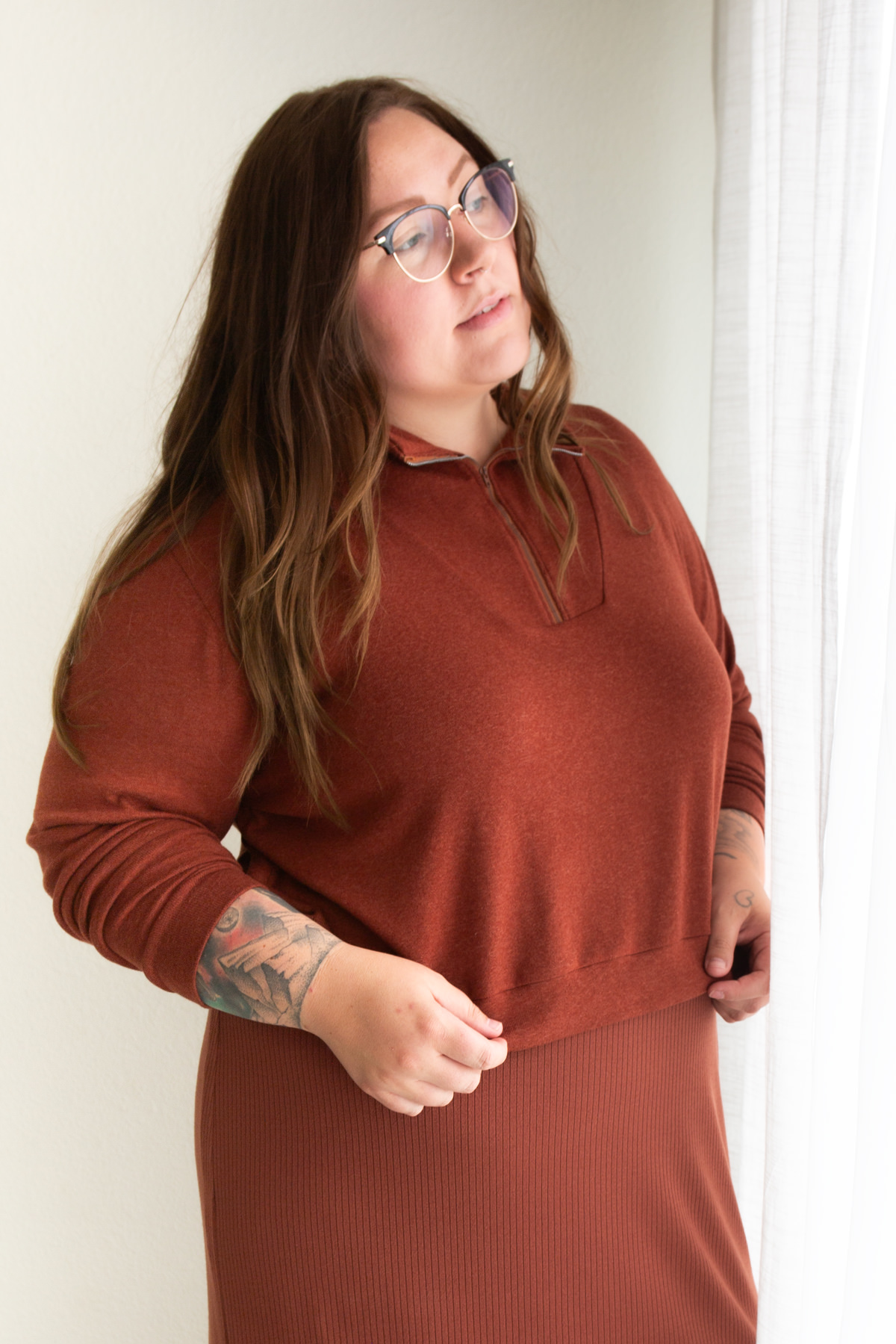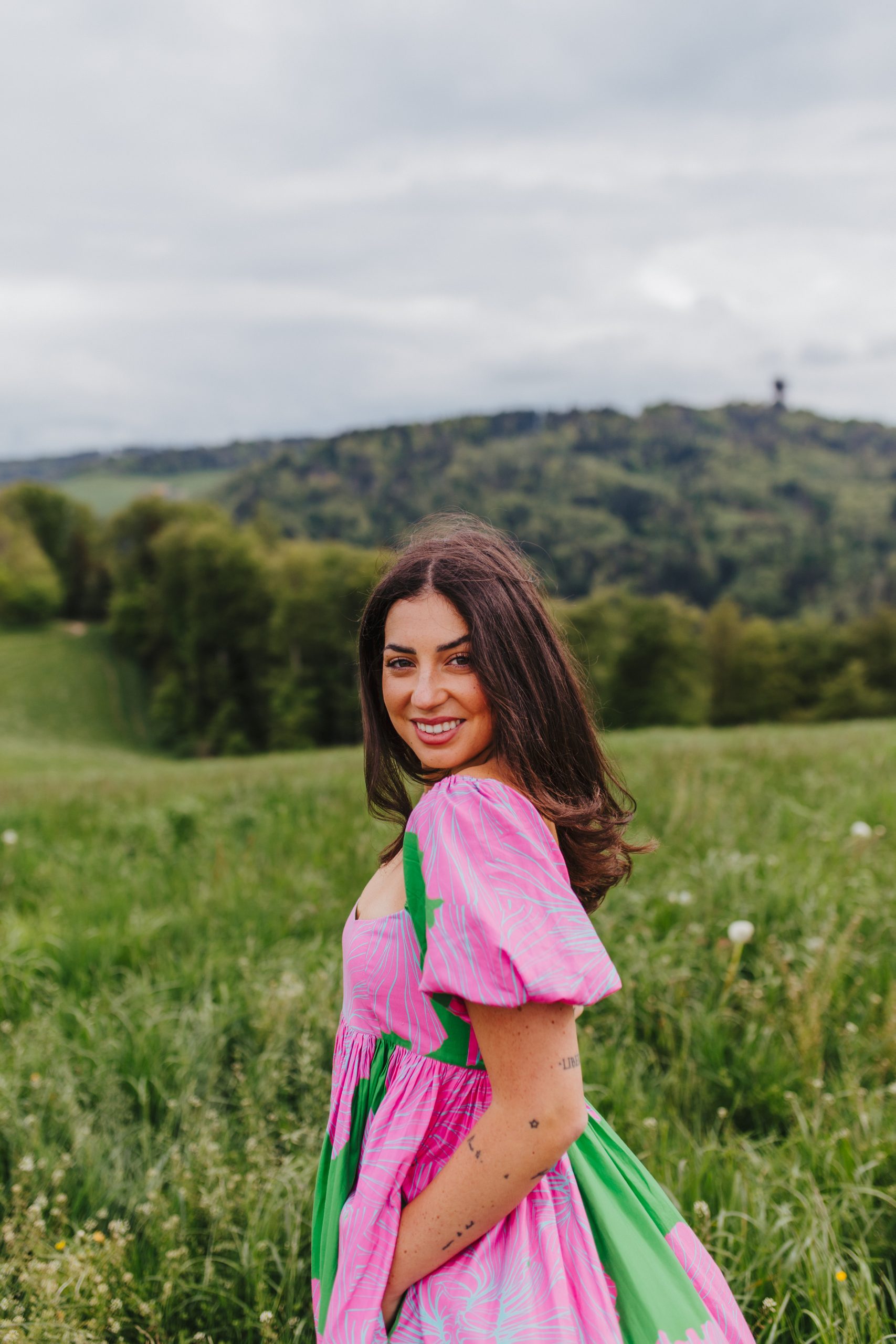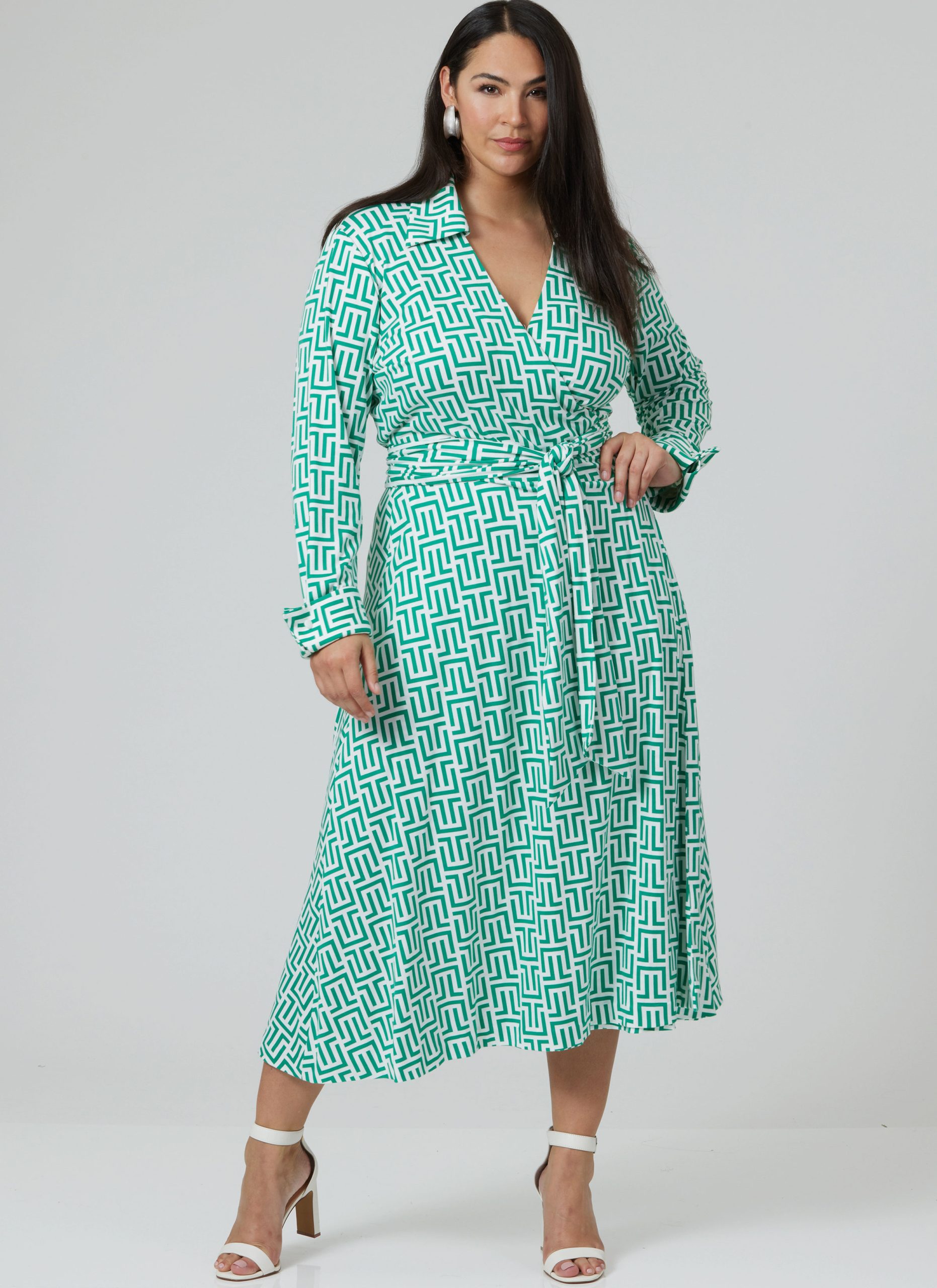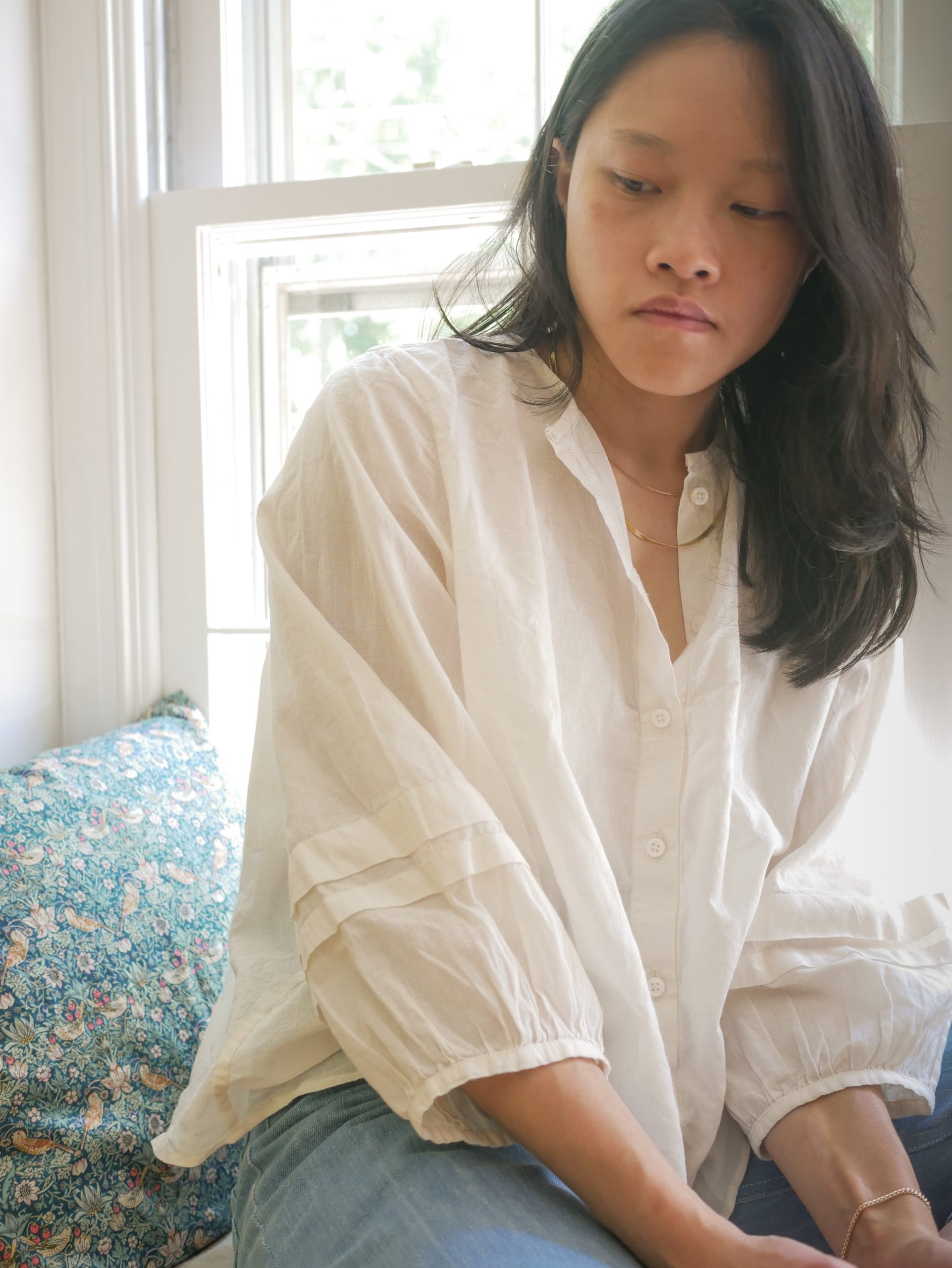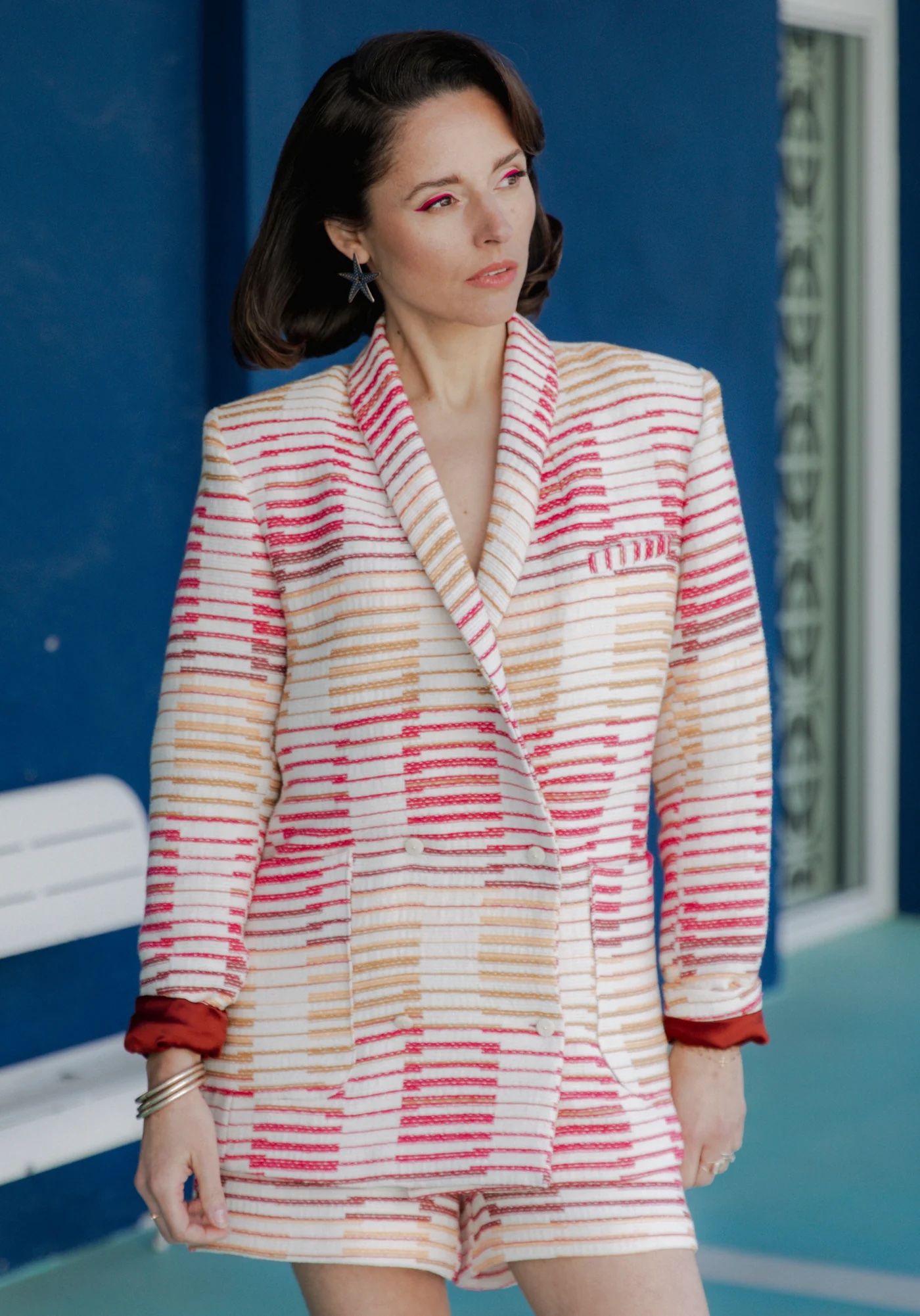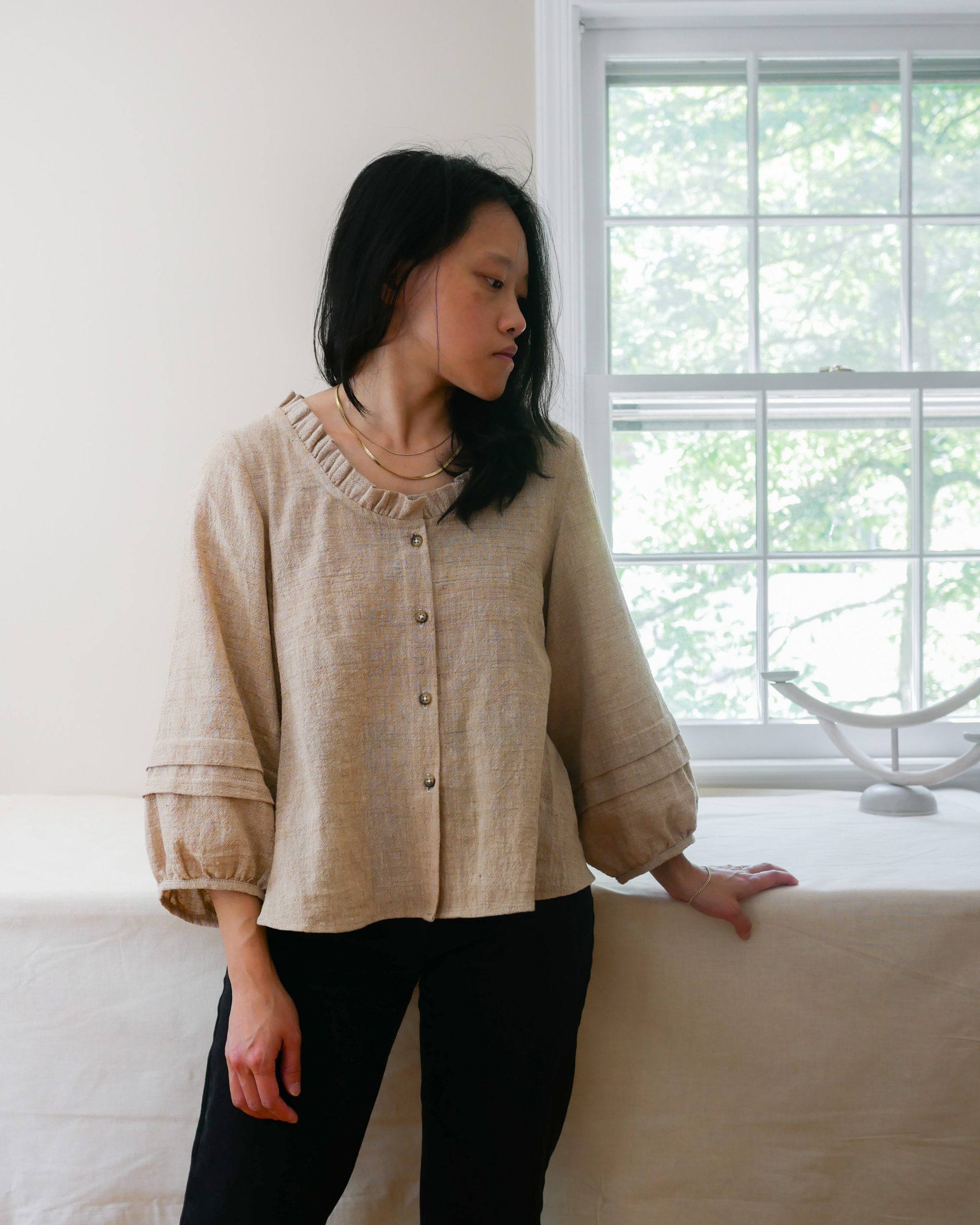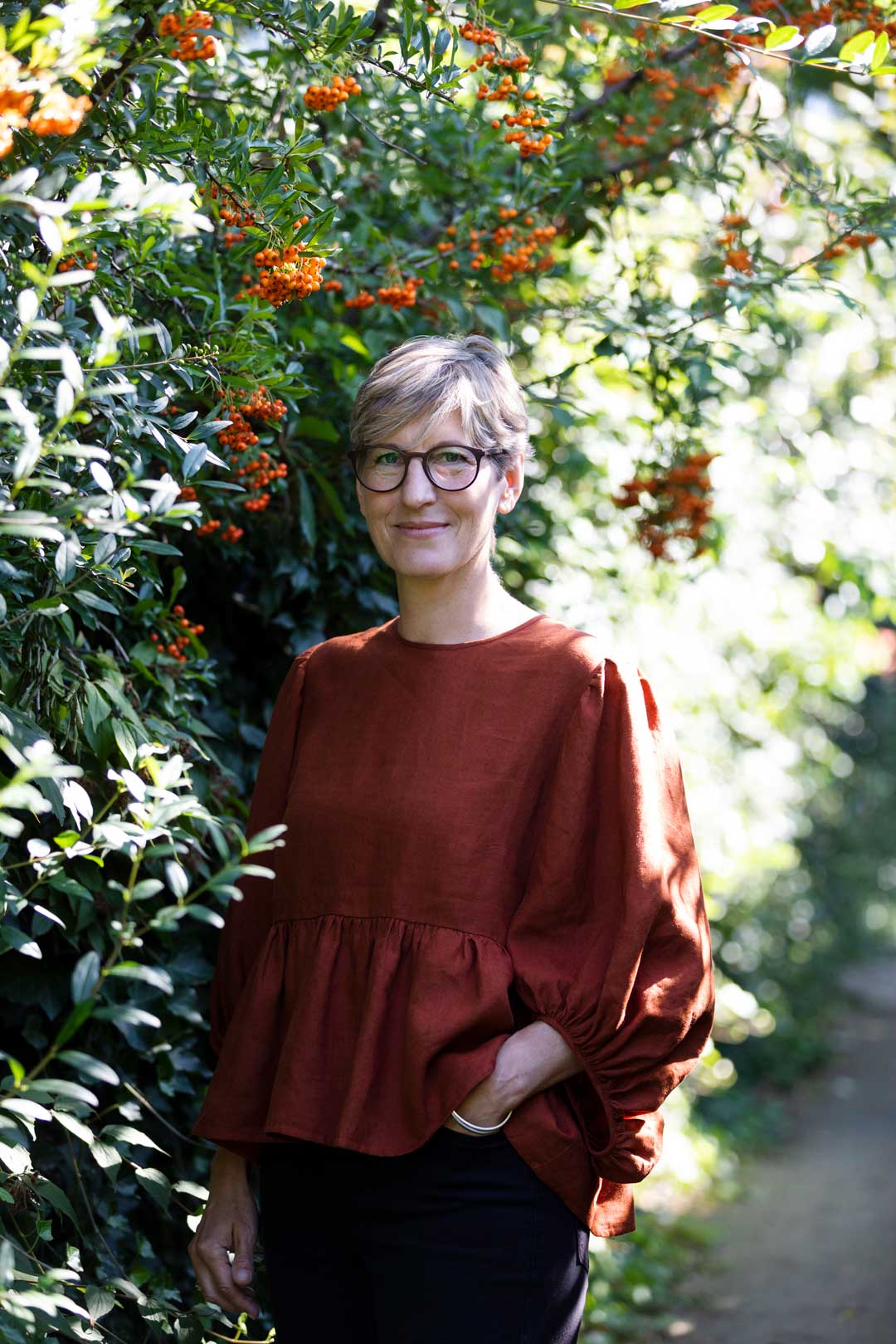
The Edit: New Sewing Pattern Releases – 21 April
It’s time for your weekly dose of The Edit: New Sewing Pattern Releases. This blog and vlog highlight some of the new arrivals to hit the shop this week. Kate natters about all the details you need to know so if you’re a pattern nerd like we are, this is for you! The latest Tauko […]
Read post

